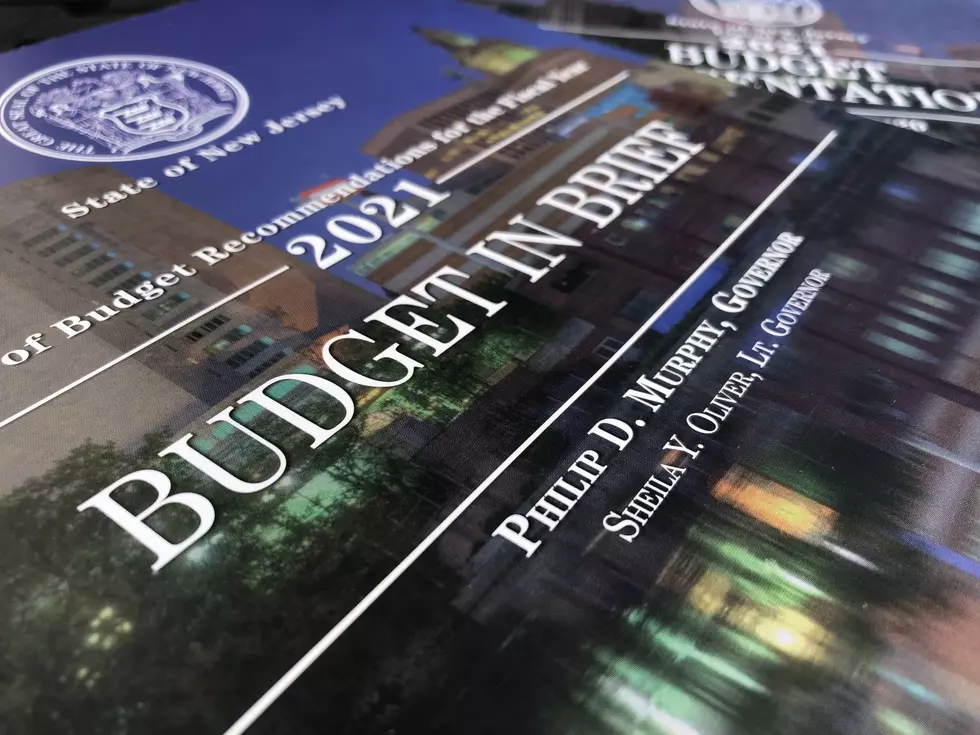
Coronavirus to infect New Jersey’s long-shaky budget, too
TRENTON — New Jersey’s budget will experience major impacts from the novel coronavirus, though it’s not yet possible to know how much.
There are likely to be spending pressures for social safety-net programs and emergency response. There will almost certainly be impacts on tax collections, if people are temporarily out of work and scaling back spending and trips out of their homes. And it’s unclear what help will come from Congress, both in the short and long terms.
“It’s too early to give you a hard answer,” Gov. Phil Murphy said Friday. “There’s no question, there’s no question about the economic impact. Particularly small businesses.”
Murphy said his administration will work with the Legislature and perhaps through the Economic Development Authority on ways to stem the economic and fiscal impacts but that “there’s no question” federal help will be needed.
“I can’t emphasize enough the federal government’s role here cannot be underestimated,” Murphy said. “Not just in the health respect, where it is indispensable, but on the economic recovery side as well.”
“I heard Gov. (Andrew) Cuomo say that New York state could never possibly hope to have the resources that would be needed to compensate the business community for the impact of this,” he said. “And so New Jersey is certainly no different than that.”
Legislation passed early Saturday by the House of Representatives includes $1 billion for food aid nationwide, as well as extended sick leave benefits and free virus testing. A Senate vote is expected early next week. Another, larger bill is expected by April.
The impacts go beyond private interests into government. The number of people riding trains and buses has dropped precipitously, which will impact fare collections at NJ Transit. Stock markets are down around 20% in one month, which could mean higher annual payments into the pension funds to meet obligations.
Murphy said he met with state Treasurer Elizabeth Maher Muoio and her staff Thursday to analyze the financial impacts. He said any alterations in tax collections would normally become clearer in late April, after the April 15 tax filing deadline – but maybe not this year.
“There’s some discussion that that filing deadline may be extended by the federal government,” Murphy said. “We’ve made no decisions if they were to do that, but my guess is that a lot of states including ours would likely go along with that.”
The state opened its current 2020 fiscal year with a general-fund surplus of $1.29 billion and $421 million in its “rainy day fund” – where it deposits surplus revenue that can be tapped in the case of an emergency.
By July 1, the start of the 2021 fiscal year, those balances were projected to be $781 million and $732 million, respectively, which would amount to 3.8% of spending. But if tax collections begin to contract immediately, the state will have less surplus revenue and add less – or nothing – to the rainy-day fund.
The 3.8% projected surplus, which had been forecast to reach 4% by mid-2021, is significantly smaller than the national average among states of 10.9%. If New Jersey's surplus was at that level, it would have nearly $4.5 billion in reserve.
While it’s not yet clear how Murphy will change his budget proposal due to the impacts on the virus, he didn’t immediately alter or abandon his effort to raise state taxes on income over $1 million from 8.97% to 10.75%.
“Any amount of recurring revenues is a good thing, so the millionaires tax is a good example of that,” Murphy said.
More From WOBM News:

More From 92.7 WOBM










